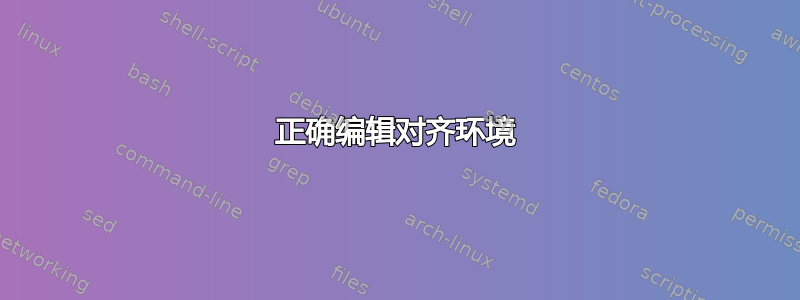
\documentclass[10pt,a4paper]{article}
\usepackage[utf8]{inputenc}
\usepackage{amsmath}
\usepackage{amsfonts}
\usepackage{amssymb}
\usepackage{pgfplots}
\begin{document}
\textit{Induc.:}
\begin{align*}
\hspace{2cm}\Gamma (n+1)&=n\Gamma (n) && (B)\\
&=n\cdot (n-1)! && (\textit{AA})
\end{align*}
\end{document}
您是否知道如何才能将 Align 环境的 Start 置于“Induc”的正后方,即高出 2 行?
编辑问题:
\documentclass[10pt,a4paper]{article}
\usepackage[utf8]{inputenc}
\usepackage{amsmath}
\usepackage{amsthm}
\usepackage{amsfonts}
\usepackage{amssymb}
\usepackage{pgfplots}
\begin{document}
\begin{proof}
\textit{Induktionsanfang:} $\Gamma (1)=\int_0^\infty e^{-t}dt=1=0!$\\
\hspace{1cm}\\
\textit{Induktionsschritt:} \qquad
$\begin{aligned}[t]
\hspace{-0.7cm}\Gamma (n+1)&=n\Gamma (n) \hspace{1.6cm} (2.85)\\
&=n\cdot (n-1)! \qquad (\textit{Induktionsvoraussetzung})\\
&=n!
\end{aligned}$
\end{proof}
\end{document}
答案1
aligned您可以在内联数学模式中使用$ .. $。
\documentclass[10pt,a4paper]{article}
\usepackage[utf8]{inputenc}
\usepackage{amsmath}
\usepackage{amsfonts}
\usepackage{amssymb}
\usepackage{pgfplots}
\begin{document}
\textit{Induc.:} \qquad
$
\begin{aligned}[t]
\Gamma (n+1)&=n\Gamma (n) && (B)\\
&=n\cdot (n-1)! && (\textit{AA})
\end{aligned}
$
\end{document}
答案2
也许,您希望将对齐相对于线的剩余部分居中。我建议使用这个linegoal包的两种变体:
\documentclass[10pt,a4paper]{article}
\usepackage[utf8]{inputenc}
\usepackage{linegoal}
\usepackage{amsmath}
\usepackage{amsfonts}
\usepackage{amssymb}
\usepackage{pgfplots}
\begin{document}
\textit{Induc.:}$ \hfill
\begin{aligned}[t]
\Gamma (n+1)&=n\Gamma (n) && (B)\\
&=n\cdot (n-1)! && (\textit{AA})
\end{aligned} $\hfill\null \\
Some more text. Some more text. Some more text. Some more text. Some more text. Some more text. Some more text. Some more text.\bigskip
\textit{Induc.:} \makebox[\linegoal]{$
\begin{aligned}[t]
\Gamma (n+1)&=n\Gamma (n) && (B)\\
&=n\cdot (n-1)! && (\textit{AA})
\end{aligned} $}
Some more text. Some more text.
\end{document}




